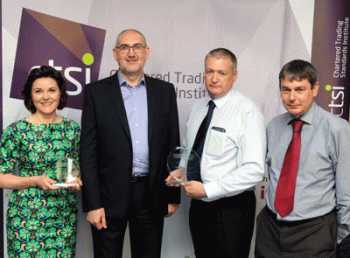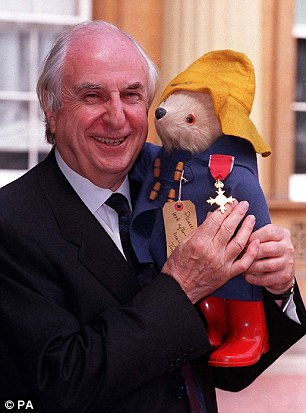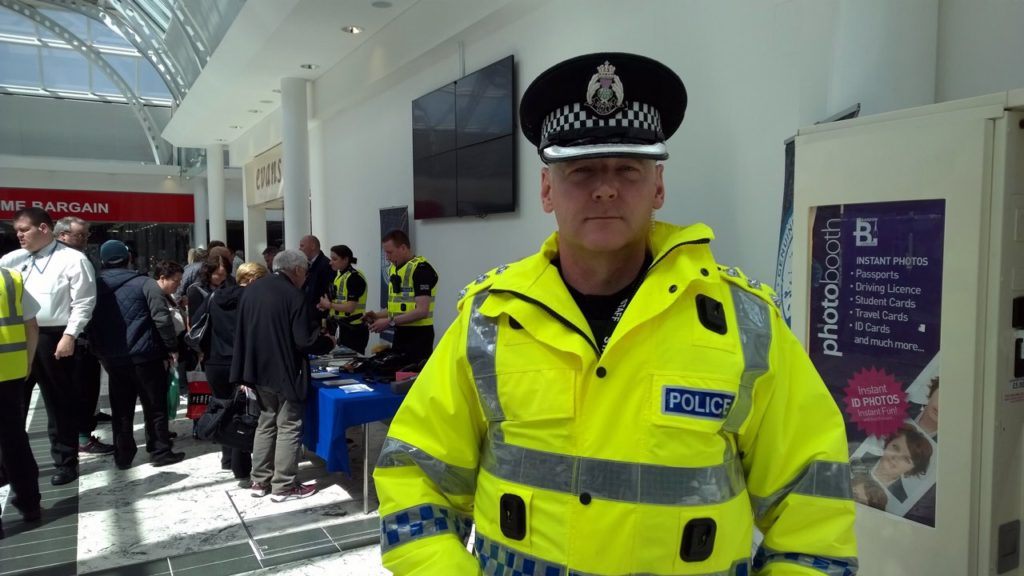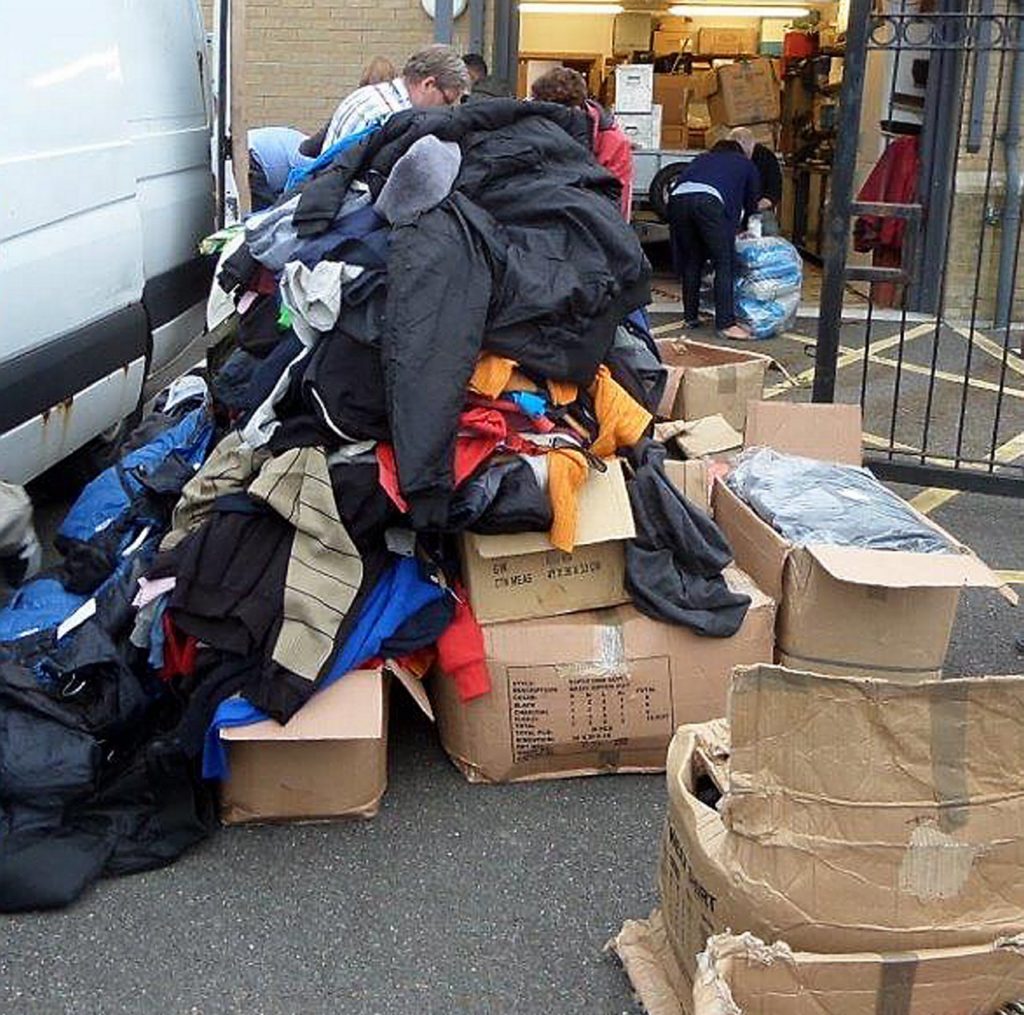
Roger Bescoby and Mark Hodgson, members of the Governing Council of the Association of British Investigators, met with senior Information Commissioner’s Office (ICO) personnel at the beginning of July in Wilmslow.
The ABI Governing Council have been conscious that the Association would benefit from more direct dialogue with the ICO, and indeed all other stake-holder Regulators. The meeting therefore took place at the request of the Association and was readily and immediately agreed to by the ICO, who were most receptive hosts.
The meeting proceeded in an open and candid manner. We were of course keen to receive and understand the current thoughts of our principal regulator and equally we found our hosts to be inquisitive, vocal and informative to the various discussion points raised during the session. The feeling generated was that the meeting was highly valuable in enhancing the reciprocal understanding between regulator and industry and that further and more regular contact would be beneficial. It was also mutually agreed that such meetings can only result in the ICO having a deeper knowledge of the investigation industry sector than they do currently and not least its day-to-day challenges. It’s probably fair to say we detected some potential stereotype opinions still in existence but feel that the day gave us the opportunity to begin to effectively dispel these.
The session undoubtedly gave us the perfect platform to explain how the ABI is actively, demonstrably and energetically promoting compliance, best practice and training like never before in it’s 100+ year history. It seemed that our efforts in this space were recognised and appreciated.
Much discussion centred around our members’ perpetual frustrations, primarily the lack of access to existing and collated information – intelligence that is recognised as routinely vital to law enforcement agencies and yet denied to the sector who is actually undertaking the vast majority of such enquiries. Intel sources such as HM Land Registry and Credit Reference Agencies were of course high on the agenda.
We were able to inform a possibly unaware ICO contingent of just how little Police attention or assistance is currently received by our clients, be they Lawyers, Bankers or Insurers. It was explained that this is why they turn to the private sector in increasing numbers.
It was interesting to hear that the ICO themselves openly admit some Data Controllers simply and incorrectly quote the DPA as a reason not to provide information – often due to either ignorance, or fear of getting things wrong.
The meeting also gave us the opportunity to voice our wishes and indeed expectations that, post licensing, some additional regulatory leeway will be afforded towards the professionally-trained investigator. Not unreasonably, we argued, investigators simply request the tools to do the job that society expects to be done when fraud proliferates and the Law is to be upheld.
Both sides came away from the meeting with various and agreed action points, not least surrounding access to certain specific forms of information, which the ICO kindly agreed to look into further on our behalf.
We would like to take this opportunity to thank Alastair Barter and Garreth Cameron of the ICO for their kind hospitality on the day and look forward to further and more regular healthy consultation in the future.
http://www.theabi.org.uk/news/association-meet-with-information-commissioners-office







